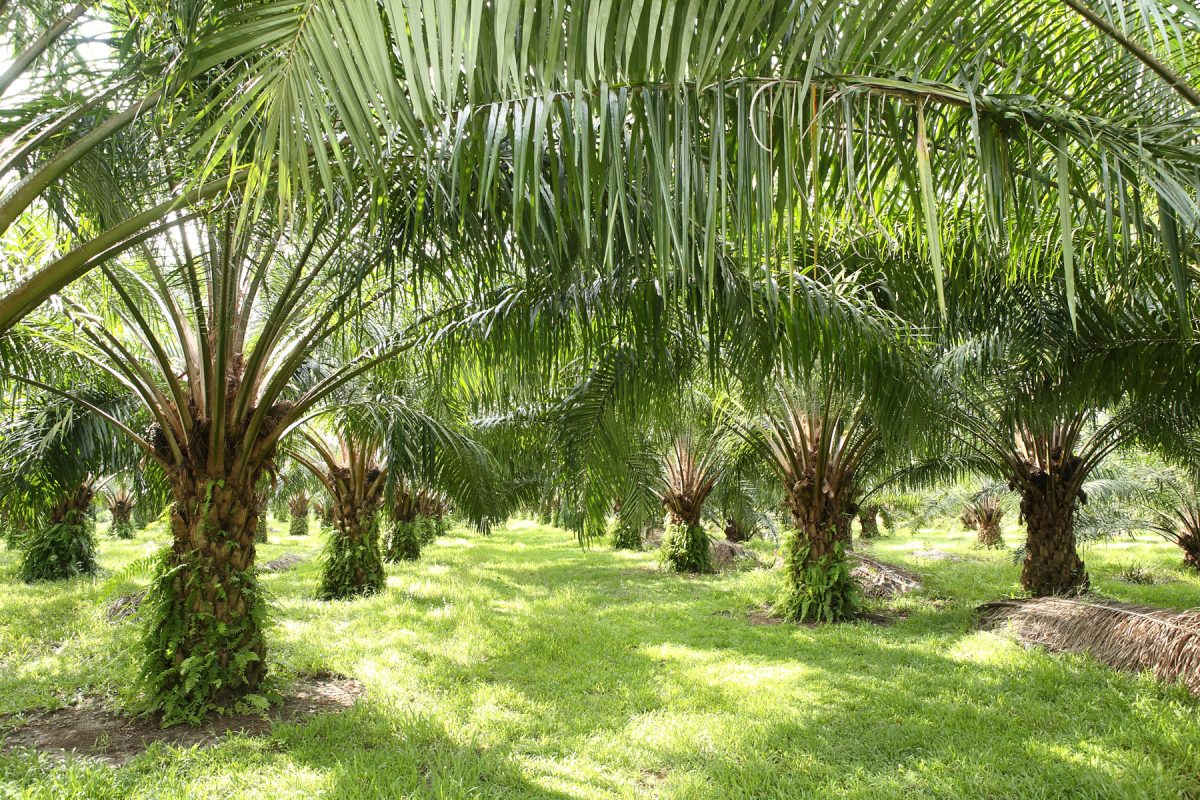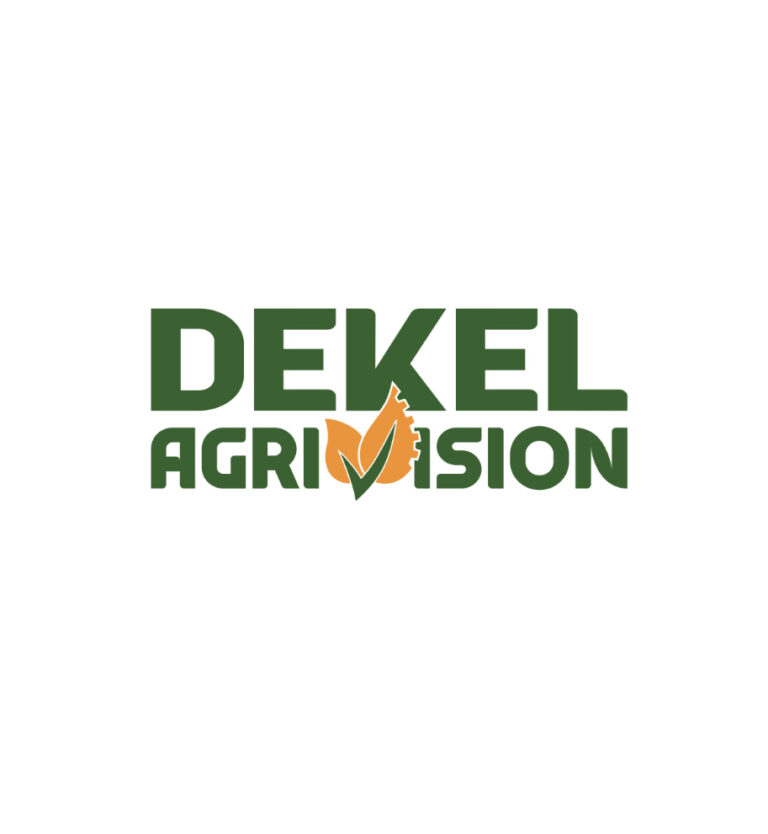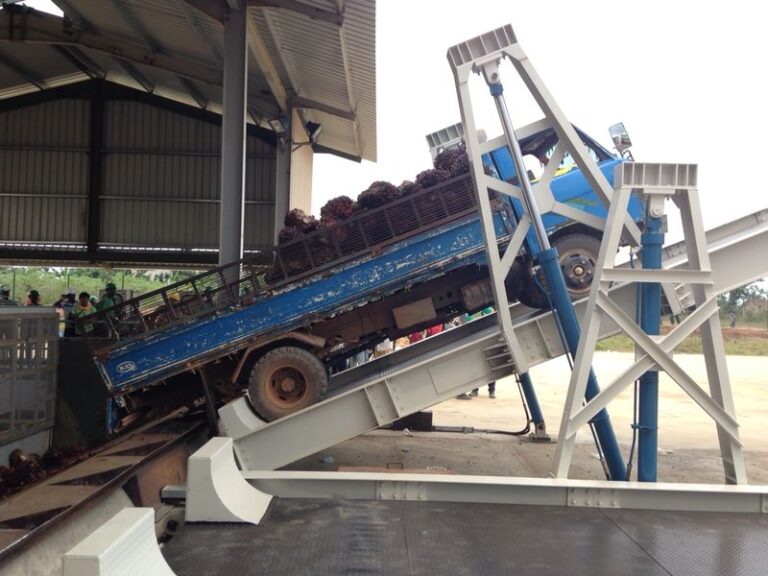Dekel Agri-Vision PLC (LON:DKL), operates primarily in Côte d’Ivoire, focusing on the cultivation and processing of palm oil sustainably and raw cashew nuts. It exemplifies how businesses can align profitability with environmental stewardship.
The European Union’s newly enacted EU Nature Restoration Law comes into force on 17 June 2024. The legislation aims to rejuvenate degraded ecosystems across the EU, enhancing climate resilience and food security.
Overview of the EU Nature Restoration Law
The Nature Restoration Law, approved in February 2024 and formally adopted in June, sets binding targets to restore at least 20% of the EU’s land and sea areas by the end of the decade. The legislation outlines specific goals for various ecosystems, including coastal, freshwater, forest, agricultural, urban areas, wetlands, grasslands, rivers, and lakes. Notable targets include:
- Restoration of 30% of degraded peatlands by 2030, increasing to 50% by 2050.
- Rejuvenation of habitats in poor condition to at least 30% by 2030, 60% by 2040, and 90% by 2050.
- Reversing the decline of pollinator populations by 2030.
- Planting at least three billion additional trees by 2030.
The law is a response to the urgent need to address biodiversity collapse and aligns with the EU’s international commitments, including the UN’s Kunming-Montreal biodiversity treaty.
Dekel Agri-Vision’s Sustainable Approach
Dekel Agri-Vision PLC’s commitment to sustainability and environmental responsibility is evident in its operations:
- Palm Oil Production: Dekel operates a fully functional palm oil mill in Ayenouan, processing fruit from local smallholders and its 1,900 hectares of company estates. This not only supports local economies but also ensures sustainable palm oil production.
- Cashew Processing Project: The large-scale cashew processing project in Tiebissou represents Dekel’s dedication to diversifying its agricultural portfolio and contributing to local value addition.
- Brownfield Development: Dekel’s 24,000-hectare brownfield site in Guitry is being prepared for development without deforestation. This approach supports the restoration of ecosystems while expanding agricultural production.
- High-Yield Varieties: By replacing low-yielding plant varieties with higher-yielding ones, Dekel maximises feedstock production on existing land, reducing the need for further land conversion.
Dominic Gogol, Deputy Director of Policy at the We Mean Business Coalition, highlighted the importance of such initiatives: “Companies will be keen to work with member states as they develop implementation plans… Businesses have a huge opportunity to play a positive role through their operations, value chains, and investments.”
Final Thoughts
Through sustainable practices and strategic project development, Dekel not only contributes to environmental restoration but also sets a benchmark for agro-industrial companies worldwide. As the EU embarks on this ambitious journey to rejuvenate its natural ecosystems, Dekel’s initiatives exemplify how businesses can align profitability with environmental stewardship.







































